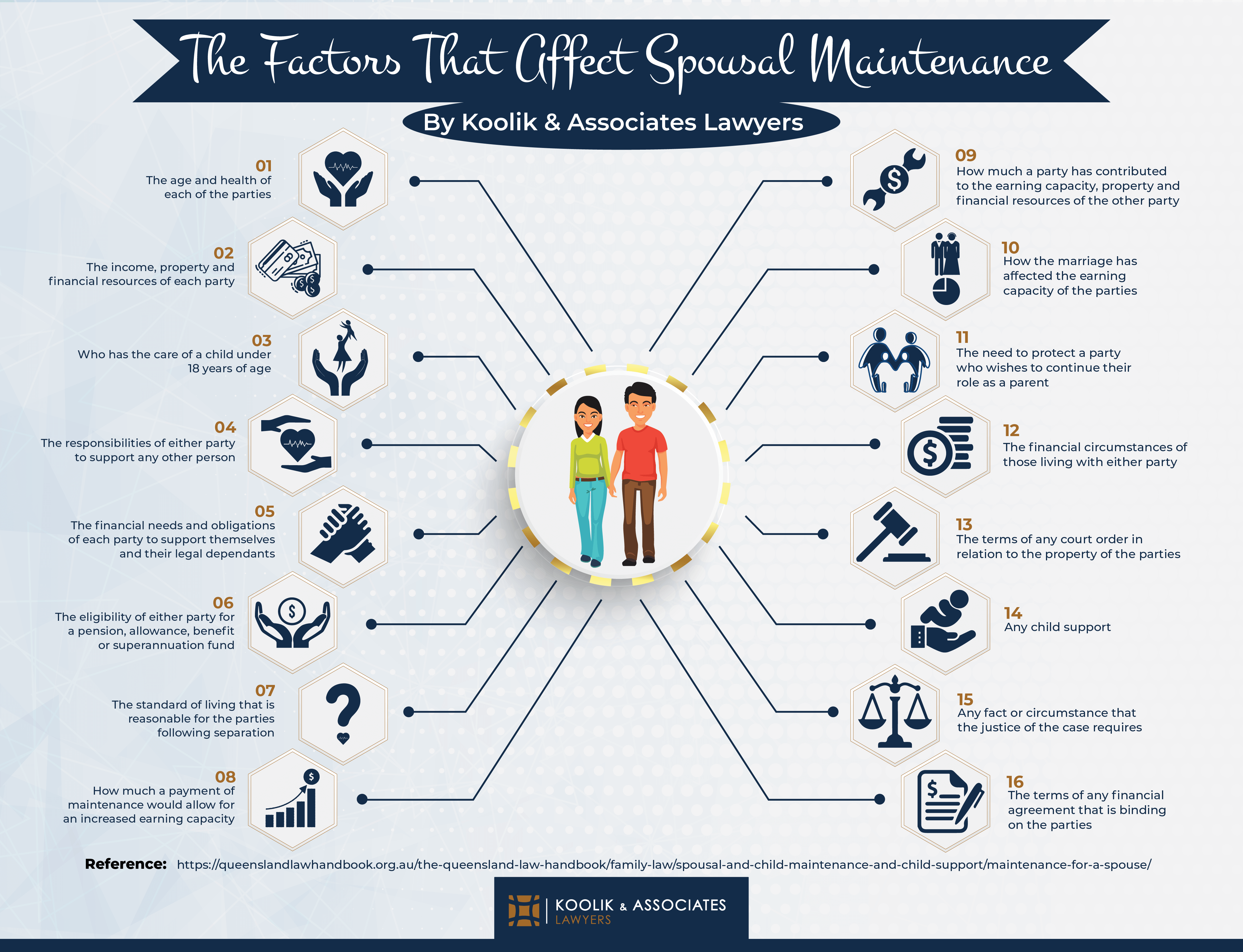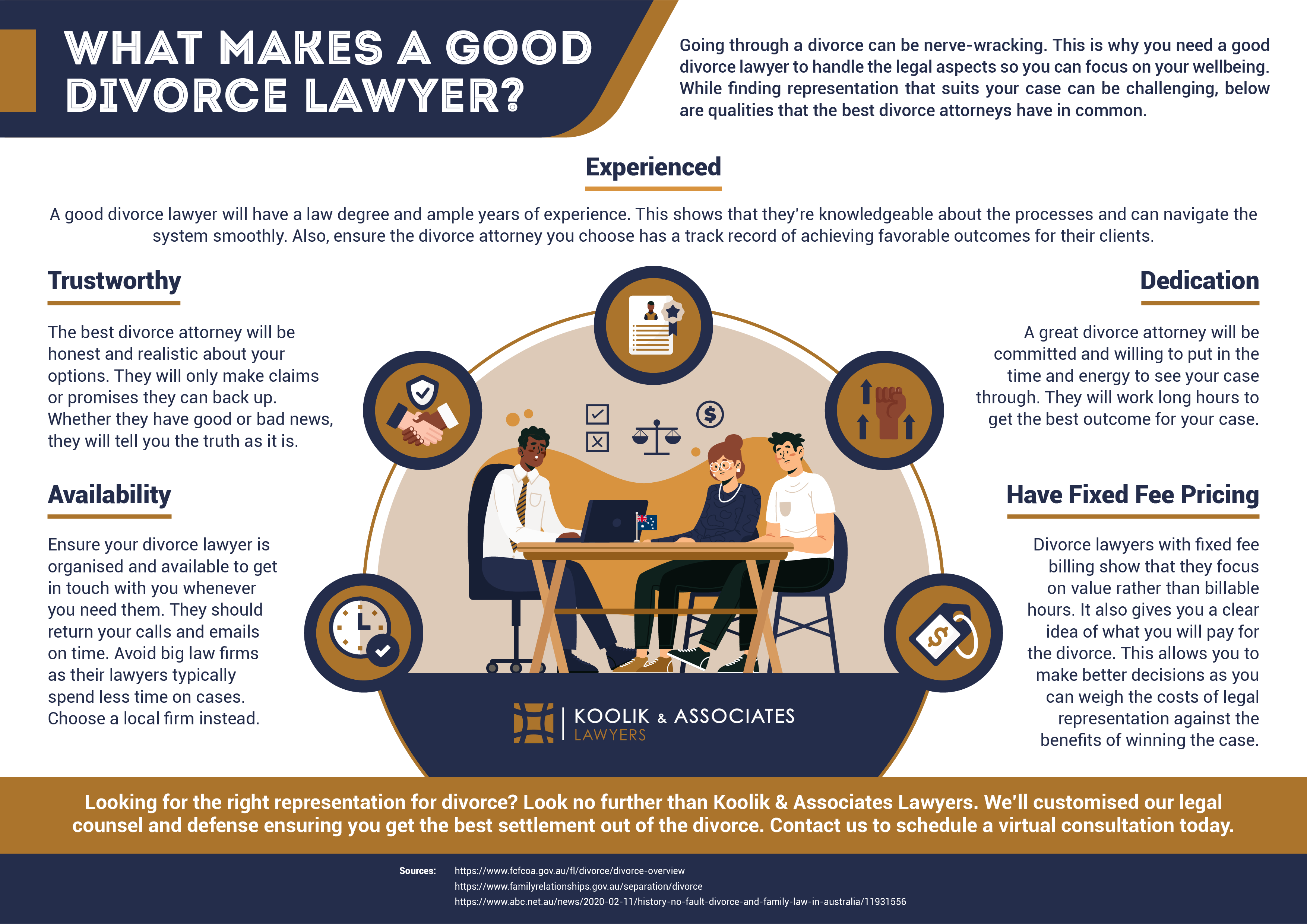Considering Divorce: Is Going to Court the Right Choice for You?"
Getting a divorce is rarely a positive experience. Even when couples agree, it's time to go their separate ways. Several factors can complicate an amicable split.
Couples sometimes question whether to have a divorce without going to court. The short answer is yes. What can complicate the process is when you have children or joint property.
The Federal Circuit Court of Australia in Queensland (divorce court QLD) will take those matters into consideration.
The divorce process doesn't have to become complicated. If you've wondered, "can I divorce without going to court?" this article is for you.
Keep reading to learn more about divorce and court.
The divorce court is the legal branch of the court system that handles the dissolution of marriages. Without a divorce, you are unable to remarry in the future.
Staying married may have an impact on your rights and obligations when dealing with money, wills, and estates. It is best to legally end the marriage to avoid issues down the road and protect your heirs.
You or your former partner must file for divorce at the Federal Circuit and Family Court of Australia. You should hold Australian citizenship or live in and consider Australia your permanent home.
Before requesting a divorce, people typically are residents of Australia and have lived there for at least 12 months. Couples need to live separately for at least one year before filing for divorce.
If you live in Australia and were married abroad or are unsure of your spouse's whereabouts, you may still file for divorce. If you're not
sure whether your marriage is valid, seek legal advice.
In most instances where minor children are involved, you'll need to appear in court. You'll want to seek a family lawyer who can help you navigate family law court.
Understanding what a family court is and how it will impact your divorce is crucial. Spousal support and financial support for your children become pivotal in your case.

When a court has marital assets such as property and financial matters, the court may need to intervene. A judge can have the final say on
how assets get distributed.
Divorcing couples who are in agreement on a divorce may not have to attend court for divorce court proceedings. If the couple doesn't have children or a division of assets, they can avoid court, also.
Each case is different. Seek the advice of a divorce lawyer before proceeding with a divorce without court
appearances.
There is no straightforward response to the question, "how much does it cost to get divorced in Australia." Although we can provide you with a list of standard court costs, divorce costs vary from case to case.
In July 2022, divorce court fees increased. The fee for filing for divorce is now $990. The reduced fee for qualifying applicants is now $330.
These figures are just the beginning. The cost for the daily hearing fee has increased to $945. These costs may vary depending on whether
your case is before Australia's Federal Circuit Court or Family Court.
All divorce court proceedings are conducted via video conferencing software due. Parties will receive instructions on accessing the hearing before the scheduled date.
You must attend the hearing if you have children with your spouse. Both of you must appear if either of you objected to the divorce application. Legal counsel can attend the hearing and speak for you.
You and your partner can also submit a joint document asking for the hearing to take place in your absence. You can skip the hearing as long as each of you has legal representation.
A judge will assess the application for divorce during a hearing. They'll pay attention to both points of view and give oversight for the reasons behind the marital disputes.
Even if your divorce is mutual, attending court hearings can be challenging. Observe the rules for proper court behaviour. Allow your attorney to speak on your behalf, and when you do speak, be polite and composed.
If all conditions for divorce under Australian law are satisfied, a judge will issue a divorce decree. A letter informing you of your
divorce will be sent to you.
One month and one day after the judge decides, the divorce will become final. Until then, your marriage is still considered intact legally. Until that time has passed, do not make any legal decisions.
If the court decides not to grant the divorce, they will provide you with a document explaining why. The judge can advise you on what actions to take so that you can resubmit your application. Continue with the separation so you don’t have to start from scratch.
The judge may also require you to start or continue mediation with your spouse.
Following a divorce, most people are ready to move on with their lives. Moving on could mean moving far away from your ex-spouse. It could also mean remarrying.
Before making decisions for your future, make sure your divorce is finalised with the divorce court. You also want to make sure you both have satisfied all post-divorce requirements.
You want your future relationships to last, so learn from past mistakes. Take time to heal from your divorce fully. Tie up all loose ends, so you and your new mate have a fresh beginning.
Consider mediation or counselling to maintain healthy relationships if you and your former spouse have
children or even mutual friends.
Planning for a divorce is a smart move. You never want to enter a legal proceeding without the right information.
If you're looking to file for a divorce and want to avoid appearing in divorce court, we're here to help.
We have three convenient locations. Plus we also offer video and phone consultations. Contact us today.

Please note the contents of this post is information only and not legal advice.
If you require legal advice it is best to contact one of our lawyers who can review your particular circumstances and then provide tailored
advice according to your needs.